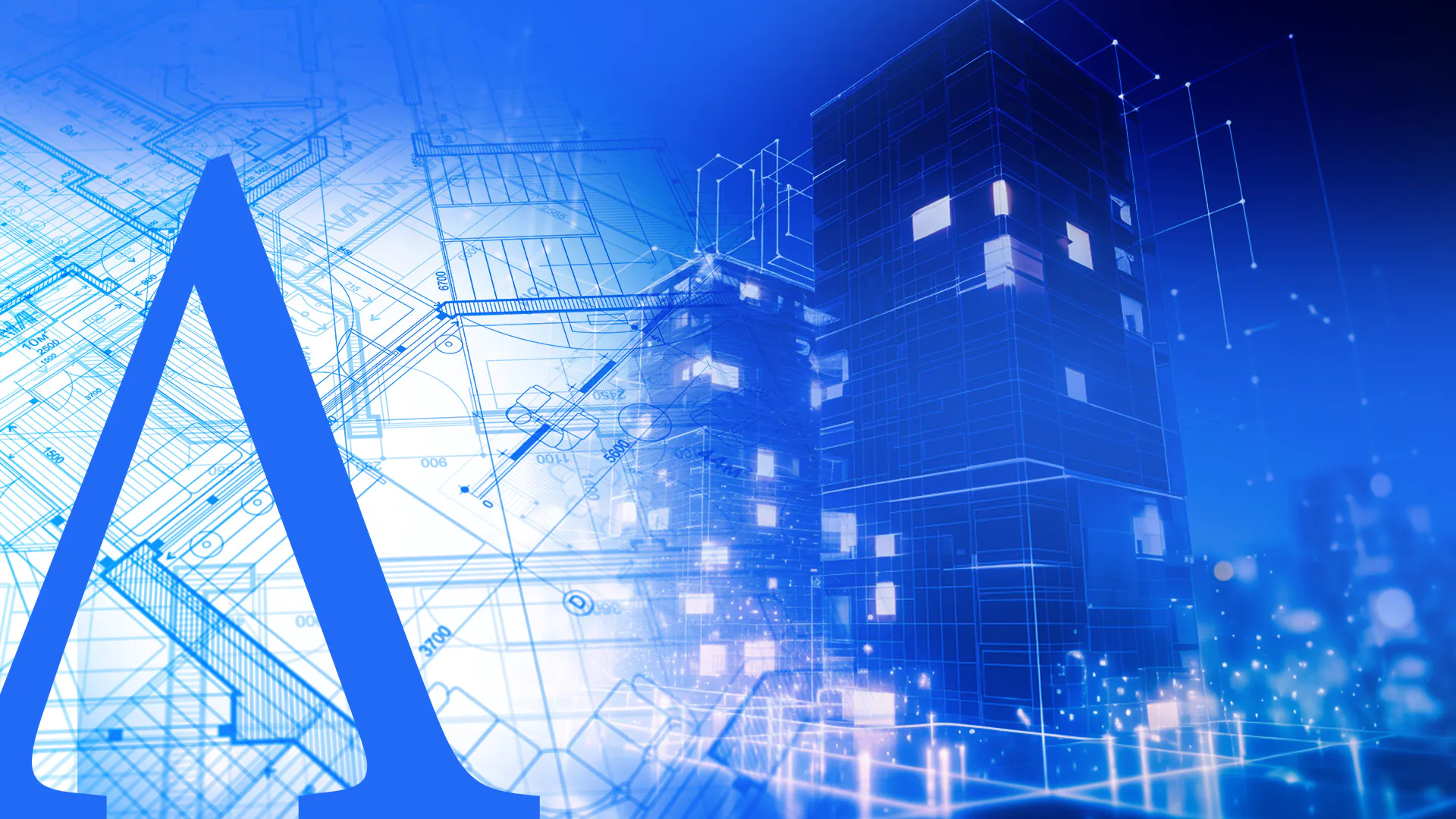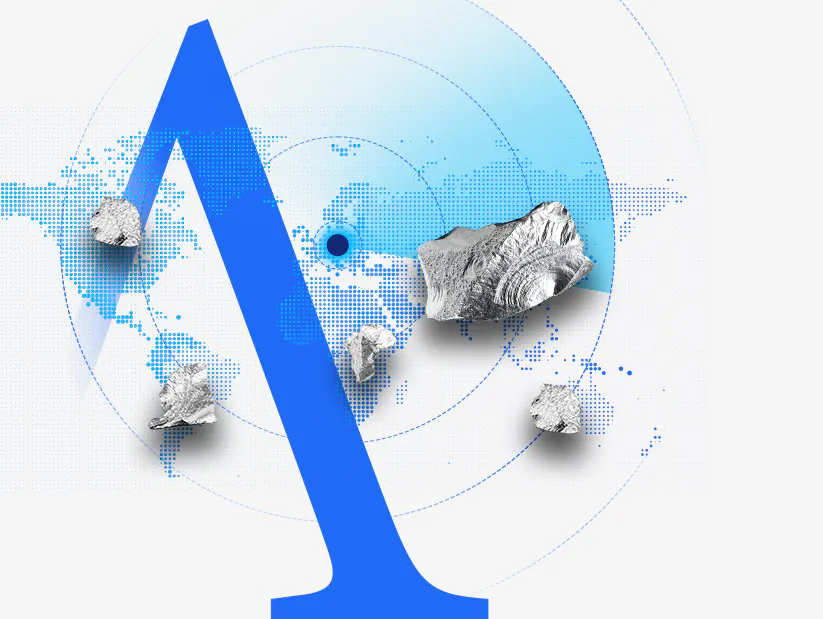

Atreus in the media
Bridging the digital gap in the construction industry
Guest article by Atreus Director Jessica Breuer in bauMAGAZIN, August 2023
Jessica Breuer, Director of the Machinery and Plant Engineering Solution Group at Atreus in Munich, sheds light on the importance of digitalization and how it can change the industry for good.
The construction industry on the road to digitalization
The construction industry is on the verge of a digital revolution that offers countless opportunities to create greener, more efficient buildings in less time:
Challenges facing the construction industry
In the construction industry, there is still a lack of awareness of the positive effects of digitalization. Smaller construction companies and suppliers in particular often see it as more of a cost than a benefit. Yet the benefits of digitization are significant: it enables increased competitiveness, more efficient productivity gains, smoother processes, time and cost savings. In addition, funding is available from the federal and state governments. Breuer emphasizes that companies need to understand how digitization can improve their business processes.
Digitization as the key
Traditional working methods based on paper forms and manual processes still dominate the industry. Successfully managing information between construction sites and offices saves time and enables targeted work instructions. Combining knowledge and information empowers all stakeholders to increase the sustainability and efficiency of their projects and ensure close coordination on the jobsite.
Sustainability and innovation
Digital transformation offers the opportunity to deliver greener buildings faster. A building’s sustainability can be verified through software, national and international regulations, and certification systems. Factors such as site quality, water consumption, energy and material use, CO2 emissions and air quality are assessed. This helps to promote sustainable building projects.
Customer focus and skilled workforce development
Focusing on market strength and customer orientation is crucial for success. Companies that ignore digitization run the risk of being overtaken by more innovative competitors. Customers today are more demanding and better informed. Digital solutions meet these expectations and enable transparency, quality and agile responses.
Implementing digital solutions requires expertise. However, the industry offers training, workshops, and support for professionals and freelancers. Faced with a labor shortage, companies need to provide holistic solutions to attract the next generation of professionals.
On the road to the future
The future of the construction industry lies in sustainable, low-emission buildings with renewable energy sources. Digitalization plays a key role in this. Companies should invest in innovation and promote collaboration to make the industry sustainable and remain internationally competitive.
Conclusion
The digitization of the construction industry requires a collaborative approach and a focus on sustainability. Collaboration within the industry and investment in innovation will bring about transformative change and make the industry viable, efficient, innovative and sustainable. A shared commitment will not only improve the construction industry, but also serve as a model for other sectors.
Source: bauMAGAZIN, guest article by Jessica Breuer, August 2023
Your contact
Will be happy to answer questions and provide answers.
This article may also interest you
Atreus in the Media
Can the mechanical engineering sector decouple itself from China on raw materials?
The interdependence of many companies and industries with Asian markets, especially China, raises significant questions. Can this dependency be broken? And is there even a need for it? Atreus Directors Dr Christian Frank and Patrick Julius give their views in Springer Professional
 +49 89 452249-540
+49 89 452249-540 

